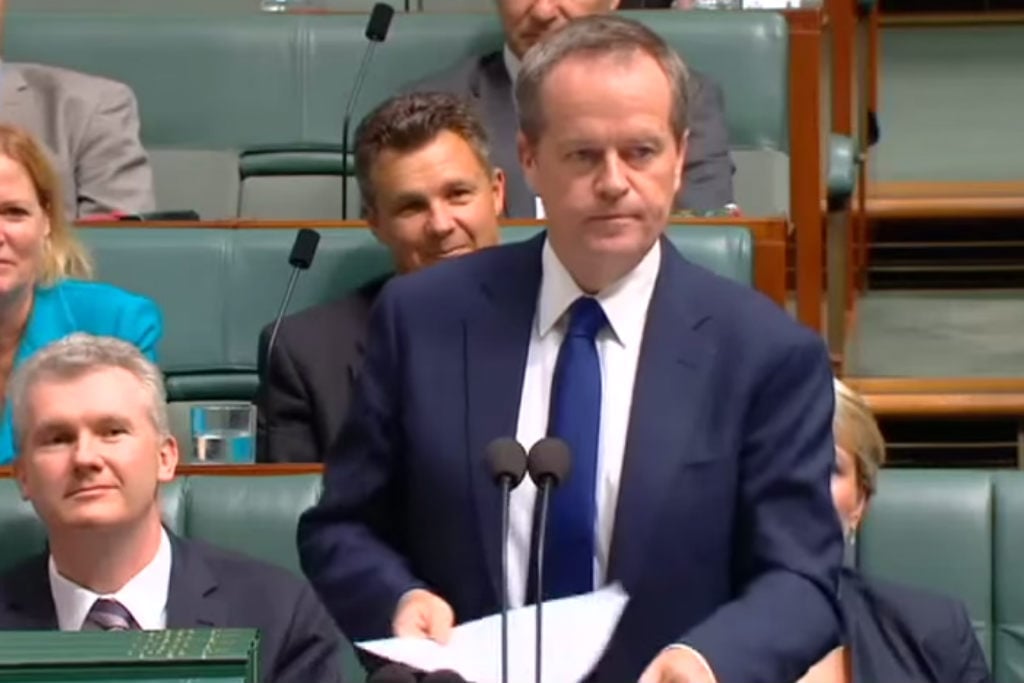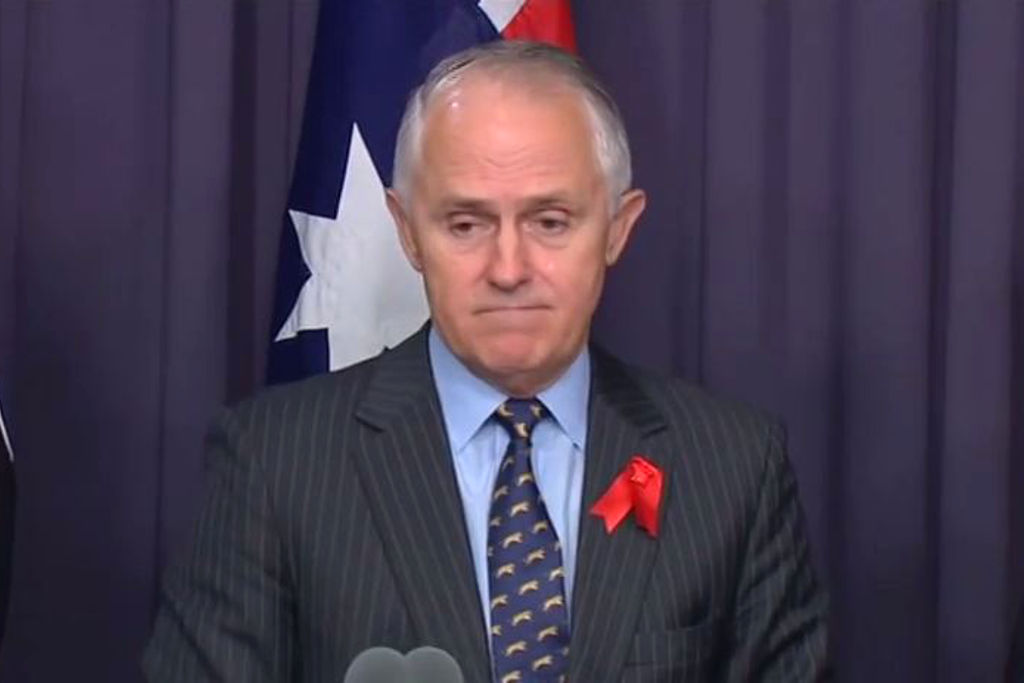Heads Up, All Your Metadata Is Going To Be Captured And Stored From Tomorrow
Scott Ludlam wants you to get a VPN.

Back in 2015 the federal government passed some pretty controversial metadata retention laws. But due to a legal loophole telecommunications companies like Telstra weren’t required to actually collect and store all of our juicy, juicy data.
Until now.
From this week, every telecommunications company in the country will be required to retain their customers metadata for two years and hand it over to the government, no warrant required. Thanks, George Brandis.
What’s Metadata Again?
Tony Abbott once described metadata as the information on an envelope, rather than what was inside the envelope. As weird as it sounds, he was right. For example, it’s not the contents of a phone conversation, but the details around who you called, how long you spoke to them and where you were when you made the call.
The laws requiring companies to retain metadata for two years and hand it over to government agencies as required were supported by both the Coalition and Labor, but privacy advocates strongly opposed them. Journalist Quentin Dempster wrote that once the laws came into effect, “this country’s entire communications industry will be turned into a surveillance and monitoring arm of at least 21 agencies of executive government.
“Intelligence and law enforcement agencies will have immediate, warrantless and accumulating access to all telephone and internet metadata required by law, with a $2 million penalty for telcos and ISPs that don’t comply,” he said.
What’s Happening This Week?
When the law was passed, telecommunications companies were given up to 18 months to come up with their plans to implement metadata retention. Australia’s three largest telecommunications companies (Telstra, Optus and Vodafone) had requested the full 18 months to develop their plans.
That 18 months expires tomorrow, 13 April 2017. This means that as of Thursday all your metadata will be start to be retained. And there’s a chance that the list of people who can access it could expand pretty massively.
The government is currently considering a proposal to expand metadata access so it can be used in divorce proceedings, child custody, business and employment disputes.
How Do I Stop The Government Spying On Me?
The digital advocacy group Digital Rights Watch has declared tomorrow a “national day of action”. They’re calling it “National Get A VPN Day” and they want Australian internet users to circumvent government surveillance.
During the parliamentary debate on the metadata laws Greens senator and communications spokesperson Scott Ludlam helpfully shared tips on how Australians could bypass the laws. It’s advice he’s still keen on spreading, telling Junkee that “theres very little hope we’re going to see a fundamental change of direction from this government”.
Some privacy groups are encouraging the public to contact politicians about metadata retentions in a bid to change their minds, but Ludlam told Junkee that “getting in touch with the government has been proven to be a massive waste of time”.
According to Ludlam, there’s still a lack clarity in the telecommunications industry around exactly how the metadata scheme will work and what sort of information should be captured. He’s also encouraging the public to protect themselves online through the use of VPNs and secure messaging services.
“VPNs are reasonably cheap and they don’t hit performance too hard, but they are not necessarily a magic bullet for data retention,” Ludlam said. “Learning about encrypted messaging apps, which ones are robust and which ones aren’t, is also a good idea. Signal is good because it’s open source and auditable. Other apps like Wickr and Telegram come to mind because they’re not auditable.”
Ludlam says that by using these apps, “you’re not breaking the law”. “Malcolm Turnbull uses them,” he says.
If you want to find out more about how to use a VPN, or you want to support Digital Rights Watch’s national day of action you can check out their website.



